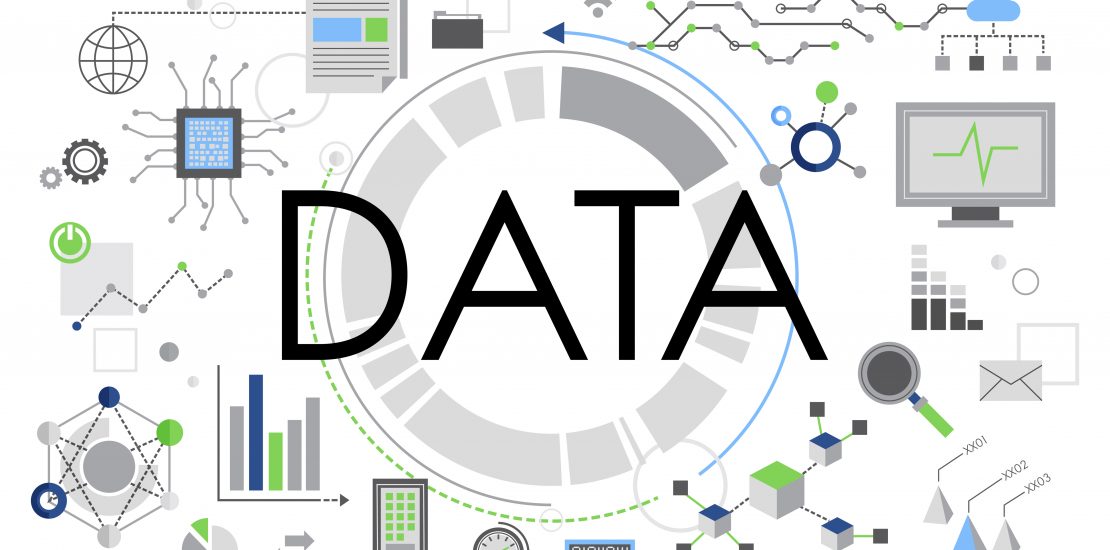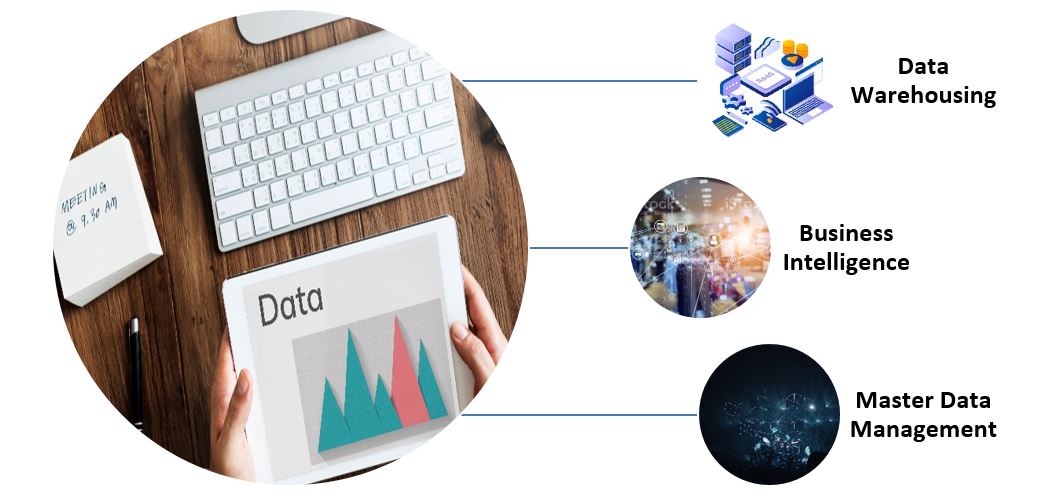The Significance of Data Administration in Effective Data Management Solutions
- April 19, 2023
- Posted by: Velosi Author
- Categories: Data Mgmt & Analytics, Insights

Introduction to Data Management
Digitalization is taking lead through robust data management solutions. As companies expand their operations, the volume of data they produce increases and to effectively handle this data, efficient data management strategies are essential. A crucial element of such a strategy is data administration. This function plays a vital role in ensuring that companies can manage their data effectively, which is crucial for making informed decisions and achieving business goals.
Data Administration and It’s Importance
Data administration is a predominant component of data management solutions. Effective data administration involves managing data throughout its entire lifecycle, from storage to analysis and reporting. By implementing a robust data administration approach, organizations can maintain the accuracy, consistency, and security of their data. This is crucial for making well-informed decisions and reaching strategic business goals.
Data administration is a process that involves the execution of informed decisions to achieve business goals through managing, maintaining, and protecting an organization’s data assets. Its main objective is to ensure overall data accuracy, consistency, and security. A team of data administrators typically performs critical functions by defining data standards, developing policies, and overseeing data management processes.
A key benefit of data administration is its capacity to guarantee data quality. This is essential for making informed decisions, especially in sectors like manufacturing, healthcare, finance, and retail where inaccurate data can have adverse consequences. By having an efficient data administration team, organizations can ensure their data is qualitative and reliable.
Tools Used for Data Administration
Several tools are utilized for data administration, the most important ones include:
- Data Management Systems
Data management systems are software tools created to manage and maintain data. They include features like quality controls, analysis tools, and security measures to ensure the protection and integrity of data.
- Qualitative Data Tools
Qualitative data management tools are software application structures to detect and rectify data errors. They play a crucial role in ensuring the accuracy and reliability of organizational data.
- Authoritative Data Handling Tools
Authoritative data handling tools are responsible for managing data policies and procedures according to standard rules and regulations. It also assists to ensure that data is handled consistently and securely.
Key Responsibilities of Data Administrators
Data administrators have a wide range of responsibilities related to data management. Some of their key duties include:
- Developing Data Policies
Data administrators create policies governing data collection, storage, and usage within an organization. These policies ensure consistent and secure data management.
- Defining Data Standards:
Data administrators define standards to ensure data consistency and accuracy. These standards facilitate data sharing and usage across different departments.
- Implementing Data Management Processes:
Data administrators put in place processes to handle data throughout its lifecycle, including collection, storage, analysis, and reporting.
- Ensuring Data Implementing Data Management Processes:
Data administrators are responsible for securing data by putting in place specific measures like firewalls, encryption, and access controls to block unauthorized access.
Please contact us for more information and assistance.



